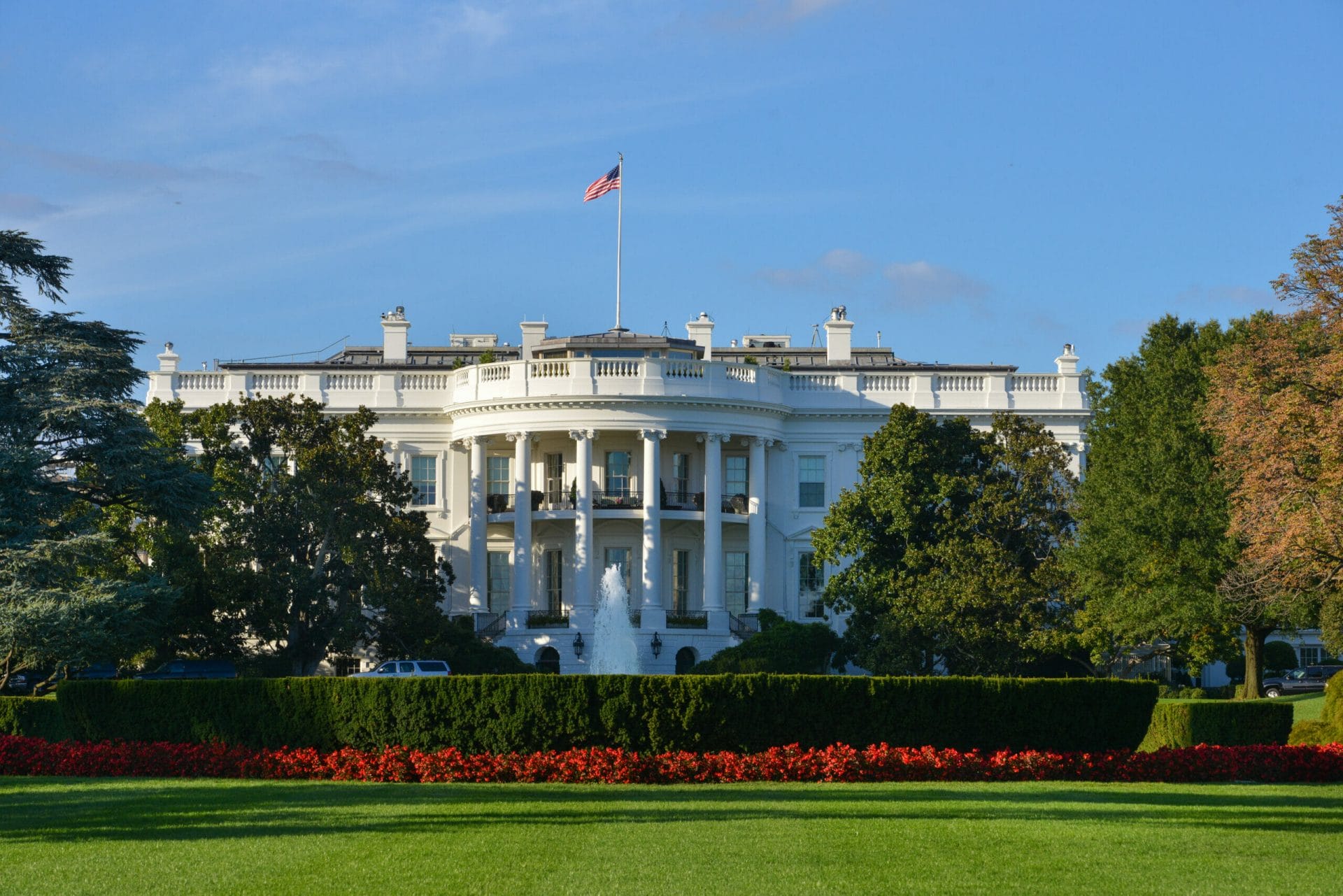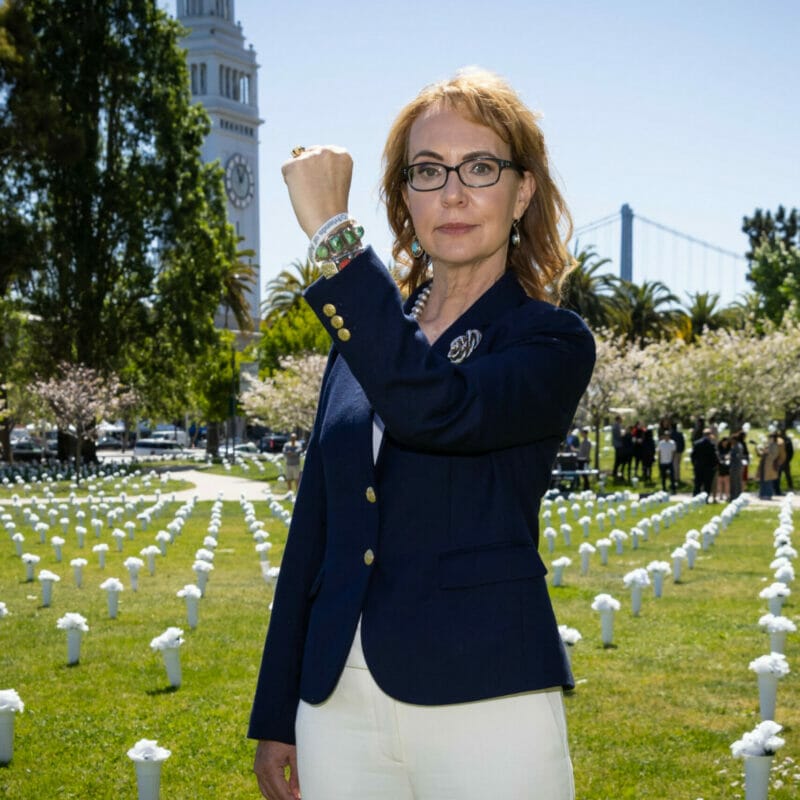
Federal Regulation to Expand Background Checks
Under current federal law, certain individuals with a history of felony convictions, domestic violence, or involuntary mental health commitments are prohibited from purchasing or possessing firearms. This law is enforced primarily through the National Instant Criminal Background Check System (NICS), which licensed gun dealers, those holding a Federal Firearms License (FFL), are required to contact, either directly through the FBI or indirectly through state or local law enforcement, to determine a person’s eligibility to possess firearms before selling or transferring a firearm to them.
There is, however, a significant loophole that exists when guns are sold by unlicensed individuals. Only those sellers who are required to obtain an FFL through the Bureau of Alcohol, Tobacco, Firearms and Explosives (ATF) must perform background checks via the NICS system. As a result of this loophole, unlicensed gun sellers frequently sell guns without background checks online, at gun shows, and through unregulated person-to-person sales.
This loophole makes it far too easy for people prohibited from purchasing or possessing guns to circumvent the laws on the books and obtain guns. Up to 80% of firearms used for criminal purposes were obtained from unlicensed sources, meaning no background check was required. With the rise of social media and the expansion of internet access, new avenues for unlicensed gun sales have opened up via websites like Armslist. This expansion of access has made the background check loophole an even more salient issue, and in fact, nearly a quarter of gun sales in recent years have occurred without a background check.
“Engaged in the Business” and Changes Made by BSCA
Fortunately, the landmark Bipartisan Safer Communities Act (BSCA) provides a remedy for the above issue. The 1968 Gun Control Act (GCA) mandates that all those “engaged in the business” of selling firearms acquire an FFL. This status triggers federal laws and regulations that licensees must follow, including the requirement that they conduct a background check on potential purchasers. Before the BSCA, the GCA was unclear as to the level of sales activity that distinguishes someone who sells guns occasionally—and is thus not subject to licensing requirements—from someone who is “engaged in the business” of firearm sales and qualifies as a firearms dealer.
The BSCA updated the definition of “engaged in the business.” Now, instead of including only those who sell guns with “the principal objective of livelihood and profit,” the law includes anyone who deals guns “to predominately earn a profit.” This new framework confirms Congress’ intent to include those who make repetitive sales in the federal licensing scheme, regardless of whether the profits from such sales constitute a significant portion of the seller’s “livelihood.”
These changes in BSCA provide the Biden administration with a critical opportunity to address this dangerous background check loophole.
ATF MUST FINALIZE A REGULATION TO CLARIFY BSCA PROVISION
While the provisions in the BSCA amended the definition of who is considered “engaged in the business” of selling firearms, there remains uncertainty for when a seller actually crosses the threshold to be required to obtain a federal firearms license and conduct background checks on firearms sales before completing the transfer. Specifically, language in federal law remains ambiguous as relates to the “repetitive purchase and resale” as well as what frequency of firearms sales would result in a seller needing to be licensed. The lack of clarity not only frustrates the impact of the BSCA to ensure firearms are being sold following background checks, but also frustrates members of the firearms industry, who are seeking guidance from the federal government on how the BSCA impacts unlicensed sellers.
Due to this ambiguity, it was necessary for ATF, as the only federal agency with a mandate to regulate the gun industry, to issue the notice of proposed rulemaking 2022R-17, “Definition of ‘Engaged in the Business’ as a Dealer in Firearms”, which clarifies the ambiguity around the updated definition for ‘engaged in the business’ in the BSCA. The proposed regulation specifically provides clear guidance to determine what activities and practices would require someone to be considered under federal law to be engaged in the business of selling firearms.
The proposed rule states that a gun seller must obtain a federal license to deal in firearms if they meet certain conditions. For example, a person is presumed to be engaged in the business of dealing in firearms if the person:
- Sells or offers for sale firearms, AND demonstrates a willingness and ability to purchase and sell additional firearms.
- Spends more than their reported gross taxable income on firearm purchases for the purpose of resale.
- Repetitively sells or offers for sale firearms within 30 days after they were purchased.
- Repetitively sells or offers for sale firearms that are new, or like new in their original packaging.
- Repetitively sells or offers for sale firearms of the same or similar make and model.
- As a former federal firearms licensee, sells or offers for sale firearms that were in their business inventory within one year after their license was terminated.
The proposed rule also provides criteria for determining whether a person intends to “predominantly earn a profit.” For example, a person is presumed to have the intent to “predominantly earn a profit” if the person:
- Promotes a firearms business, regardless of whether they incur expenses or only promote the business informally.
- Secures or sets aside permanent or temporary physical space to display or store firearms they offer for sale.
- Makes or maintains records to document profits and losses from firearms purchases and sales.
- Secures merchant services as a business, such as credit card transaction services.
- Establishes a business entity, trade name, or online business account.
- Obtains a state or local business license for the sale of firearms, or purchases a business insurance policy that covers firearms inventory.
The proposed rule clarifies that a person can be considered to be engaged in the business even if they are not selling firearms from a brick and mortar but are selling firearms at a gun show or event, flea market, auction house, or gun range, or club; at their home; by mail order; over the internet; through the use of electronic means; or at any other domestic or international public or private marketplace or premises.
The proposed regulation also includes a critical provision clarifying what constitutes a “personal collection,” since a person who sells all or part of his personal collection of firearms” is not considered to be engaged in the business. According to the proposed rule, a personal collection involves “[p]ersonal firearms that a person accumulates for study, comparison, exhibition, or for a hobby (e.g., noncommercial, recreational activities for personal enjoyment, such as hunting, or skeet, target, or competition shooting).”
ATF’s regulation provides clear guidance on how the BSCA changed the definition for who is “engaged in the business” of selling firearms in a practical way that can be implemented, with the proposed rule offering clarity to the gun industry, as well as ensuring the intentions of Congress are being implemented in daily practice.
Expanding Who Is Considered a Licensed Firearms Dealer Protects Public Safety and Constitutional Rights
Some proponents of unfettered gun access have argued that ATF’s regulation undermines their right to own, buy, or sell firearms. However, the regulation simply ensures that people in the business of selling firearms are both licensed to sell firearms and that they are completing background checks prior to completing sales or transfers of firearms. This regulation does not undermine any law abiding person’s right to own, buy, or sell firearms, but it will help prevent people who are prohibited from accessing or buying firearms from obtaining them without a background check. Unregulated transfers of guns often have very tragic consequences for public safety by enabling people with felony or domestic violence convictions, and people with serious mental illness to obtain guns. By limiting the ability for someone to evade the background check process to obtain firearms, the BSCA and ATF’s regulation seeks to protect public safety.
Some opponents to ATF’s proposed rule argue that ATF is acting without congressional approval. However, this regulation is tied directly to congressional action: Congress passed, with bipartisan support, the Bipartisan Safer Communities Act in June 2022. ATF’s actions to issue this proposed regulation are part of standard federal agency procedure following the enactment of a new law: agencies are expected to issue regulations to ensure federal law is being implemented and enforced effectively. This proposed rule enables ATF to address ambiguities about the law and offer clear guidance to the firearms industry to ensure the law is understood, and to address questions about the law to ensure the continued lawful commerce of firearms.
Some opponents to the proposed rule argue that the expansion of who is licensed as a firearms dealer will not impact rates of gun violence or violent crime. That is categorically false. Data shows that states with stronger gun safety laws have lower levels of gun deaths and states with weaker gun laws have higher levels of gun deaths. By expanding who is required to conduct a background check before completing a gun sale or transfer, this regulation would be addressing a dangerous gap in federal law that has been exploited by individuals barred from owning firearms to obtain them without a background check.
Some opponents to the proposed rule argue that requiring more people to obtain a federal license to sell firearms and subsequently requiring them to conduct background checks before selling or transferring firearms will be an undue burden on law-abiding citizens. ATF has a straightforward process to receive a license, which involves submitting an application, undergoing a background check, and an interview. The process is usually completed within 60 days.

REPORT
10 YEARS of COURAGE
Since founding Giffords in the wake of the Sandy Hook shooting, we’ve helped pass a remarkable 525 significant gun safety laws in 49 states.
Learn More